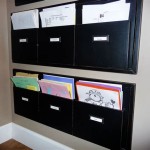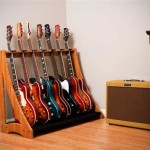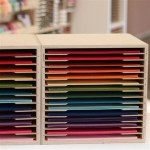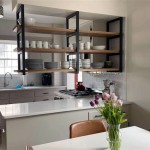Liquor Bottle Storage Ideas: A Guide to Keeping Your Bottles Safe and Organized
Storing liquor bottles properly is essential for preserving their quality and flavor. Whether you're a casual drinker or a seasoned collector, having a well-organized and functional storage system can make all the difference. Here are some essential aspects to consider when it comes to liquor bottle storage:
Location and Temperature
The ideal location for storing liquor bottles is a dark, cool, and dry place. Avoid areas that are exposed to direct sunlight or extreme temperatures, as these can affect the taste and quality of the liquor. A basement, pantry, or wine cellar is often a good option.
The optimal temperature for storing liquor is between 45-65 degrees Fahrenheit. This range helps preserve the flavor and aroma of the liquor while preventing evaporation.
Proper Storage Position
Most liquor bottles should be stored upright. This prevents the cork or stopper from drying out and allows for easier access. However, some wines and spirits, such as fortified wines and brandies, can be stored on their sides to help prevent oxidation. It's important to check the specific storage recommendations for each bottle to ensure proper placement.
Organization and Accessibility
Keeping your liquor bottles organized can save you time and energy when searching for the beverage you want. Use shelves, racks, or cabinets to neatly arrange the bottles by type, size, or brand. Consider labeling the shelves or using clear containers to easily identify the contents.
Accessibility is also important. Make sure your storage system allows you to easily retrieve bottles without having to move or lift multiple containers.
Protection from Light and Air
Light and air can degrade the quality of liquor over time. To prevent this, store bottles in a dark place or in opaque containers. For bottles that are stored on their sides, wrapping them in a dark cloth or using light-blocking bags can help protect them from UV rays.
Additionally, minimizing air exposure can help prevent evaporation and oxidation. Use airtight containers or stoppers to seal bottles tightly when not in use.
Humidity Control
Excessive humidity can damage liquor bottles, causing labels to peel and corks to mold. To prevent this, maintain a low humidity level in your storage area. Use a dehumidifier if necessary to keep the humidity below 60%.
Cleaning and Maintenance
Regular cleaning and maintenance can help keep your liquor bottle storage area organized and hygienic. Wipe down shelves and racks regularly to remove dust and spills. Inspect bottles periodically for leaks or damage, and clean any spills promptly to prevent stains or odors.
By following these essential aspects of liquor bottle storage, you can preserve the quality and flavor of your beverages while keeping them organized and easily accessible. Remember to consider factors such as location, temperature, storage position, organization, protection from light and air, humidity control, and cleaning and maintenance to ensure an optimal storage environment for your liquor collection.

Liquor Storage Ideas 10 Best Ways To At Home

Liquor Storage Ideas 10 Best Ways To At Home

120 Liquor Storage Ideas Bars For Home Diy

The 8 Best Wine Fridges For Storing All Your Favorite Reds And Whites

Basement Bar Ideas Liquor Bottle Storage Renee Romeo

Liquor Storage Ideas 10 Best Ways To At Home

9 Liquor Storage Ideas For Small Spaces Vinepair

Transform Your Bar With Clever Liquor Bottle Storage Ideas Renee Romeo

9 Liquor Storage Ideas For Small Spaces Vinepair

Transform Your Home Bar With Stylish Liquor Cabinets
Related Posts








